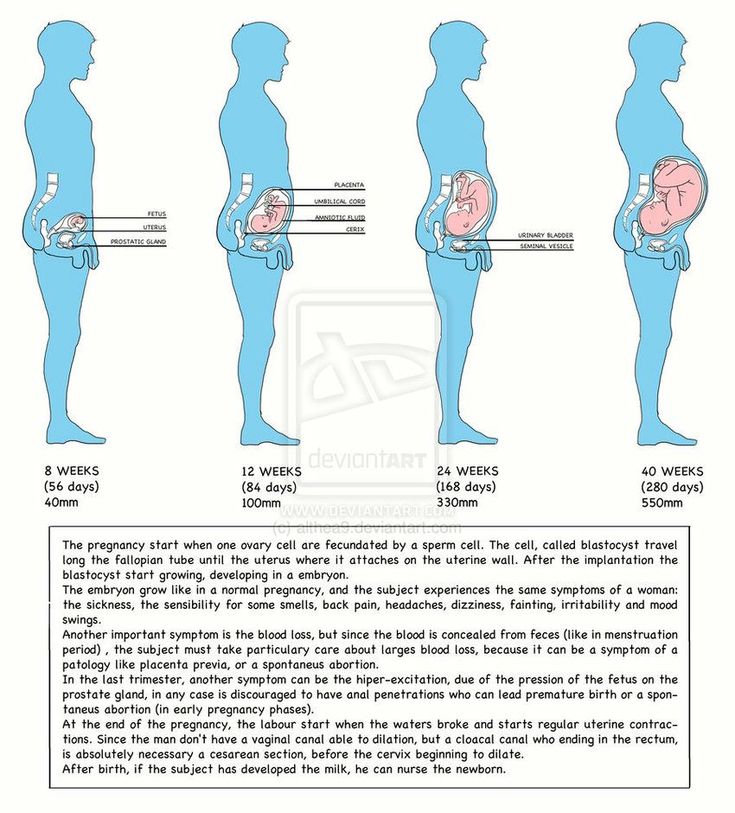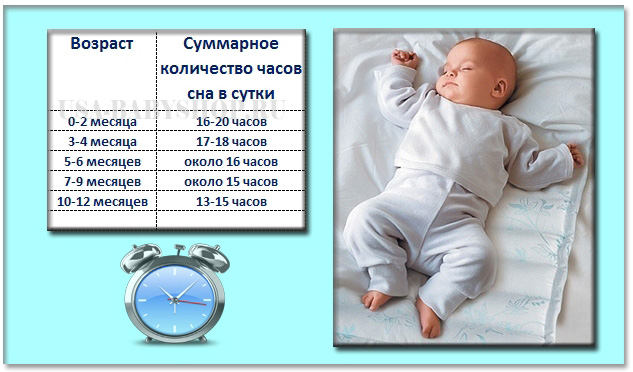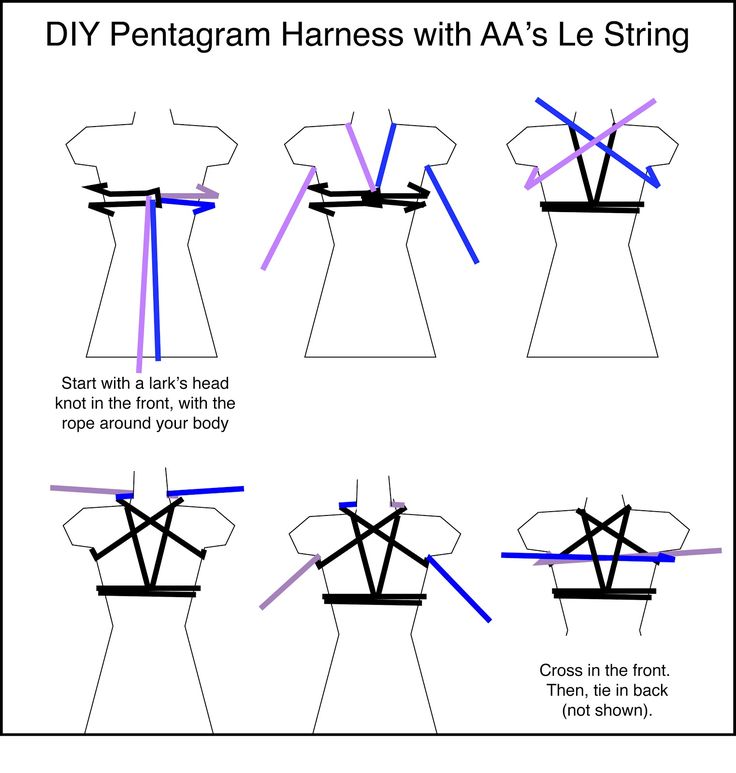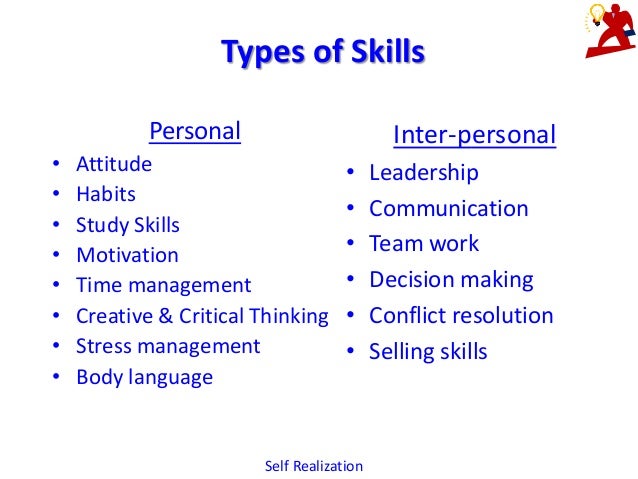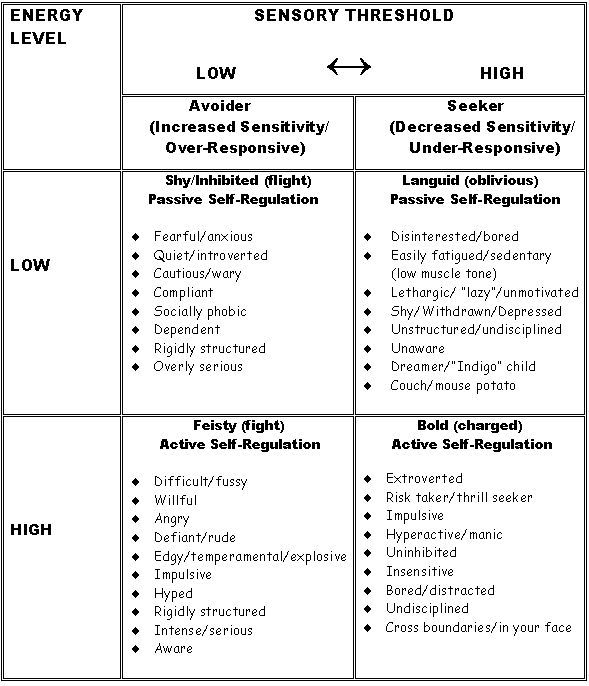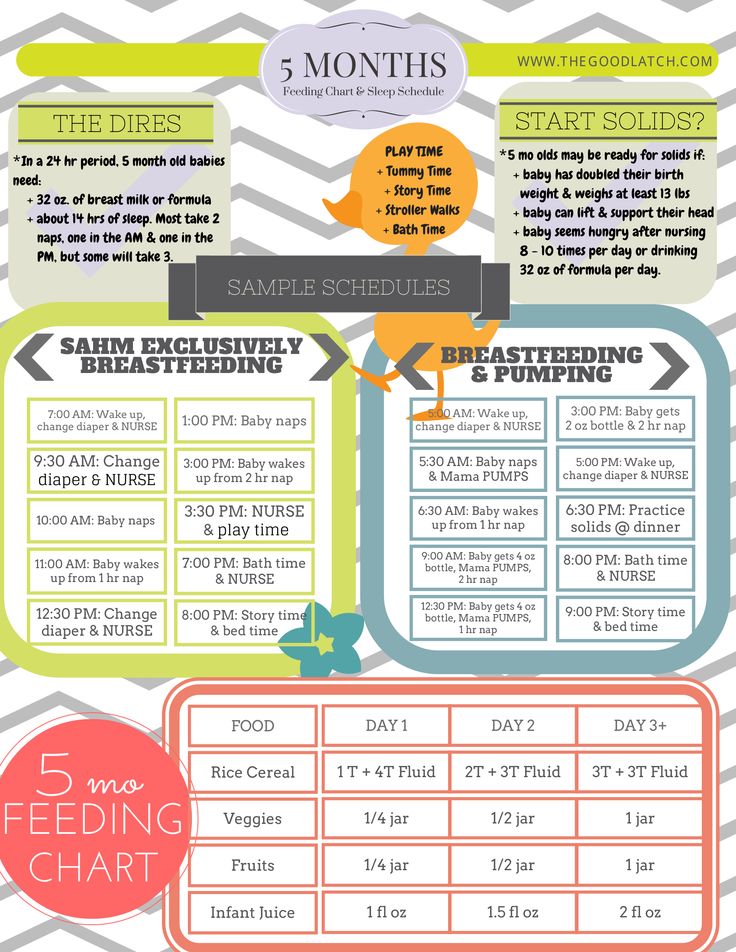Co parenting a newborn
How to Do It Successfully
When a relationship ends, making a new parenting arrangement is never easy, especially with an infant. However, discussing your co-parenting plans as soon as possible is necessary. Co-parenting a newborn needs a specific arrangement to meet their needs and nurture their well-being.
During the infant stage, a newborn baby wants to secure attachments to their parents. As they rely on a routine, devising a consistent and stable co-parenting plan is essential.
To ensure your child’s well-being, you and your co-parent must work as a team. Read on to learn how to co-parent a newborn baby.
1. As Divorced Parents, Set Your Feelings Aside
In a divorce, your emotions about the whole situation can range from sadness to anger. This makes it the most challenging when discussing sharing custody. For successful co-parenting, you must set your feelings aside and focus on the need of your child.
Co-parenting isn’t about you and your ex-spouse. You talk about the stability, happiness, and well-being of your child. Although you can feel hurt and angry, never let your feelings control your actions.
Did you know that a newborn baby can absorb what you feel? If you feel stressed, your baby reacts by crying, sneezing, or yawning. With this, never vent your frustration in front of your child.
If you need to relieve the intense emotions, you can call your family, friend, or therapist. Doing activities, such as exercising and journaling, can let off your steam, too. Note that an infant can absorb what you feel despite not showing any aggression.
For effective co-parenting, you must cooperate and communicate with the other parent.
2. Learn to Communicate
Feeling intense emotions is normal after going separate ways with your ex-partner. However, your sadness, anger, and frustration can hinder your planning. If you don’t set your feelings aside, it’s hard to communicate with the other parent.
With this, you need to clear your mind. Note that you’re communicating with your ex-partner for your child’s well-being. Having a peaceful and purposeful talk is vital when co-parenting a newborn.
Note that you’re communicating with your ex-partner for your child’s well-being. Having a peaceful and purposeful talk is vital when co-parenting a newborn.
To prevent any conflict, keep your baby the main topic of every discussion you have with your co-parent. Further, remember that you don’t always need to meet up with your ex-spouse. You can communicate through phone, text, or email about sharing custody.
When communicating, note that your goal is to have conflict-free co-parenting.
3. Remember Your New Roles When Co-Parenting
When you get into a relationship, there are times when you and your partner decide together. You always ask for the opinion and permission of each other on different matters. It’s challenging to work by yourselves when the relationship ends.
As a result of the separation, you must limit your opinion about how the other parent lives. It’s vital in your co-parenting relationship to recognize the issues to get involved in and not. Spending habits and other relationships are out of the question.
However, you can say something about how you must discipline your child. Acknowledging the roles and boundaries is hard. Although challenging, talking about these issues can establish a good co-parenting relationship.
4. Co-Parent as a Team
The mindset of working as a team in co-parenting a newborn is essential. As mentioned, there are matters where you and your co-parent must decide. Having a genial, consistent, and cooperative discussion can lead to effective co-parenting.
When making decisions involving the future welfare of the baby, the parents must talk about it. You and your co-parent must come up with a plan where both contribute. Some matters to discuss are your child’s medical, future education, and financial needs.
To reach an agreement, the parents must be open, honest, and direct about these matters.
Further, when co-parenting a newborn, supporting each other is helpful. For instance, breastfeeding is hard as the divorced parents don’t live together.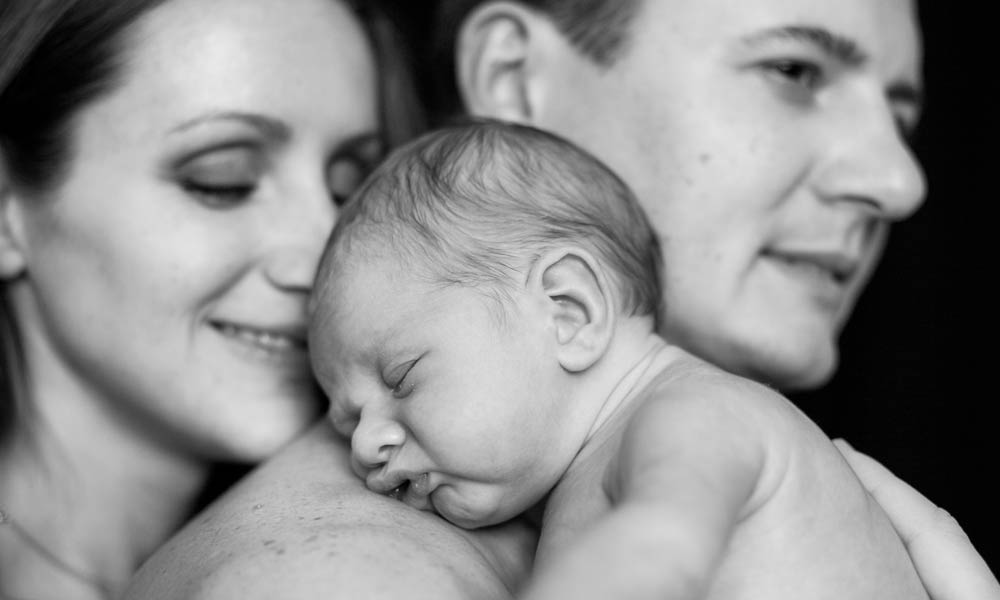 If you’re the supporting parent, the best thing you can do is to help in nursing the baby.
If you’re the supporting parent, the best thing you can do is to help in nursing the baby.
Although it’s hard, working as a team is vital to reaching the child’s well-being.
5. Develop a Co-Parenting Plan
If you’re sharing custody of your infant with your ex-partner, coming up with a verbal agreement isn’t enough. Developing a contract detailing your co-parenting plan for the newborn baby is vital. A co-parenting plan is a document that states the agreed conditions about how to co-parent.
To make one, you must discuss each parent’s rights and responsibilities for the child. It must include the visitation schedule, decision-making guidelines, and other vital matters. After discussing, you can set your way up to create the conditions.
With a plan, you have structured and clear guidelines for caring for the child. Further, it strengthens your co-parenting relationship. If you build a strong bond with your co-parent, it reduces stress and secures the well-being of the child.
6. Create a Schedule
When co-parenting a newborn, consistency is vital as the infant relies on a routine. Experts encourage divorced parents to be present during infancy through regular visitation. Creating a schedule can help achieve an effective co-parenting plan.
To keep consistent contact, consider the distance and availability of the co-parents. You must not keep the baby away from either parent for several days. For infants, regular visits set expectations and boundaries.
If you’re a non-residential parent, ensure to visit the baby several times a week. When visiting, you must use the time to bond with the infant to familiarize them with your presence. You can feed, soothe, or bathe the newborn if you want.
Further, you must consider the routine and feeding time of the baby when creating a schedule. Arrange visitation and pick-up times, not in conflict with routine or wind-down. When faced with inconsistent events, the baby can start feeling anxious.
7. Make Room to Grow
As the saying goes, change is the only constant thing in life. This applies to co-parenting a newborn as their needs change as they grow. A point comes where plans can no longer meet the child’s needs.
To prevent any issues, the parents must build up the transition into their plan. Instead of using the same schedule and making an abrupt change, easing your way into the new routine is best. If you need help with suitable changes to make, you can ask for help from experts about co-parenting.
An Effective Way For Co-Parenting a Newborn
Co-parenting a newborn is different from caring for other ages. During infancy, there are more needs to meet and factors to consider. With this, you need to develop an effective co-parenting plan to ensure the child’s well-being.
For questions on effective co-parenting, you can visit the 2Houses blog for information. Consider reaching us here for queries about our co-parenting facilitator services.
Infant / Baby Parenting Plans & Custody Schedules: What is Best?
Making a parenting plan for an infant
A parenting plan for a baby has all of the information of a basic parenting plan, but it is customized to fit the unique needs of a baby (birth to 18 months).
Custody X Change is software that helps you create a parenting plan and schedule for your baby.
Make My Baby Plan Now
Here are some things you need to know about babies to make your parenting plan more effective.
- Babies need consistency. Your plan should allow your baby to have a predictable routine for sleeping, waking and eating.
- Babies have a limited capacity to remember. Your plan should give your baby frequent contact with both parents.
- Babies change and grow rapidly. Your plan should have a way for the parents to communicate about the baby's development, and as your baby grows, you should adjust your plan to fit your baby's needs.
- Babies feel fear and recognize anger and harsh words.
 Your plan needs to provide a way for parents to work out disagreements so that your baby isn't around conflict.
Your plan needs to provide a way for parents to work out disagreements so that your baby isn't around conflict.
If your baby is breastfeeding, you should include related information in your plan. You will need to plan parenting time around your baby's feeding schedule, and you may wait to have overnight visits.
You may want a provision in your plan for communicating regularly about the baby's eating, sleeping, diapering and new developments. You might use Custody X Change messaging or print or email your Custody X Change journal entries.
Making a custody schedule for an infant
Your custody schedule should give your baby frequent contact with both parents, and your baby should not be away from either parent for more than a few days.
Usually an infant lives with one parent and has visits with the other parent. The nonresidential parent should have several visits a week with the baby, and the visits should give the parent opportunities to feed, bathe and soothe the baby, as well as play with him or her and put him or her to sleep.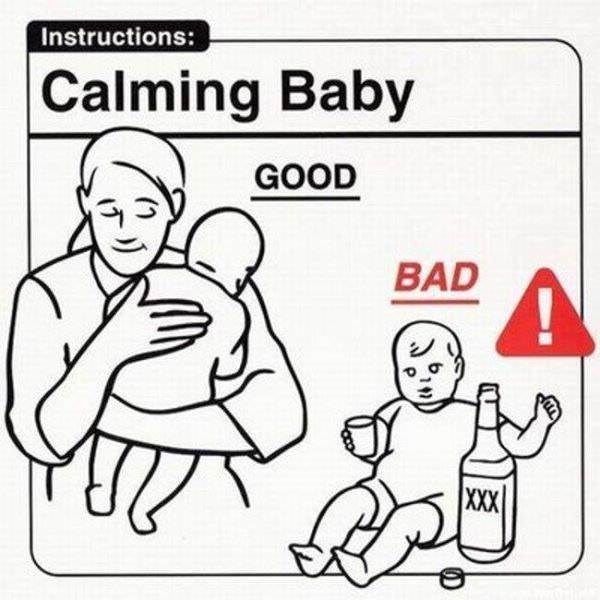
Here is an example of a visitation schedule for a baby.
You can start overnight visits to the nonresidential parent when you think your baby is ready.
When both parents work during the week and the baby is in daycare, a common schedule is for the parents to split the weekend. In addition, during the week the nonresidential parent has one overnight visit and one shorter visit.
The following schedules can also work for a baby:
- 2-2-3 schedule, where your baby spends 2 days with one parent, 2 days with the other parent and then 3 days again with the first parent.
- Alternating every 2 days schedule, where your baby alternates spending 2 days with each parent.
- 5-2 schedule, where your baby spends 5 days with one parent and 2 days with the other parent. You'd want to add midweek visits to this schedule.
- Every 3rd day schedule, where your child spends every 3rd day with the nonresidential parent.
Babies may have a caregiver preference and feel anxious when separated from that parent for too long. Your schedule may need to be adjusted if that happens.
Your schedule may need to be adjusted if that happens.
If one parent hasn't been involved in taking care of the baby and wants to start being involved, you can start with a schedule that gives the parent short visits of several hours every few days (perhaps at the baby's home). As the parent becomes more competent with caregiver skills, the visits can go longer and you can start overnight visits.
The holiday schedule for a baby typically includes a few important holidays like Christmas, Thanksgiving, Mother's Day and Father's Day. The baby spends a few hours with each parent on or around the holiday. You can increase the number of holidays in your schedule and the length of holiday time as your baby gets older.
Development from birth to 18 months
Understanding some of the development of babies from birth to 18 months can help you make a better parenting plan and custody schedule for your baby.
Babies can form attachments to multiple caregivers. They bond with parents and other caregivers who hold, feed, soothe, play with, talk to and meet the needs of the baby.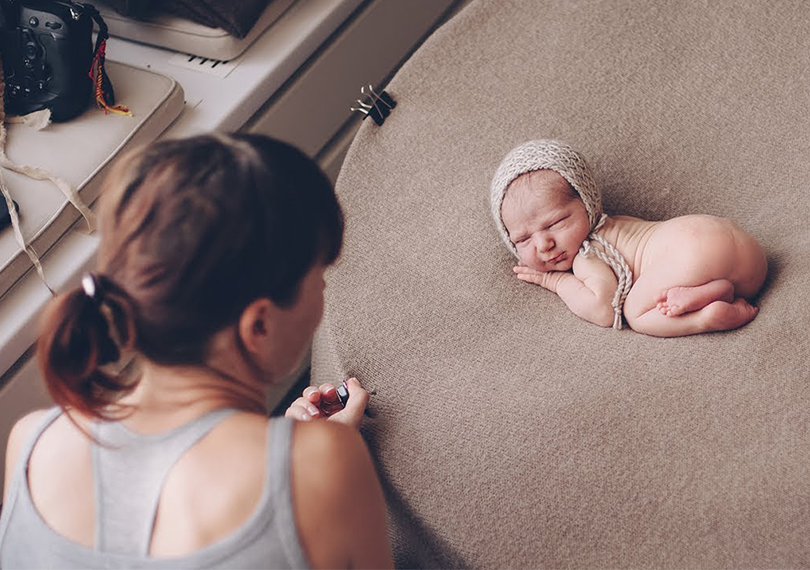 A baby around 6 months old can recognize parents and caregivers and may start to have stranger anxiety. Stranger anxiety can last until the baby is a toddler.
A baby around 6 months old can recognize parents and caregivers and may start to have stranger anxiety. Stranger anxiety can last until the baby is a toddler.
Babies have a limited capacity to remember, but they do have emotional memories. They will remember feeling frightened, and they can recognize anger and harsh words.
Babies grow and develop rapidly during this time. Here are some of the ways they develop:
- Motor skills: crawling, standing and walking
- Communication: sounds, smiles, pointing and simple words
- Expressions of emotions: hugs, kisses, cuddling, anger, frustration and fear
Get help with infant parenting plans and schedules
Creating a plan and schedule on your own can feel overwhelming. You have to be sure to use airtight legal language and can't omit any required information.
The Custody X Change app takes the guesswork out of the equation. It walks you through each step of creating a parenting plan and helps you build a schedule piece by piece.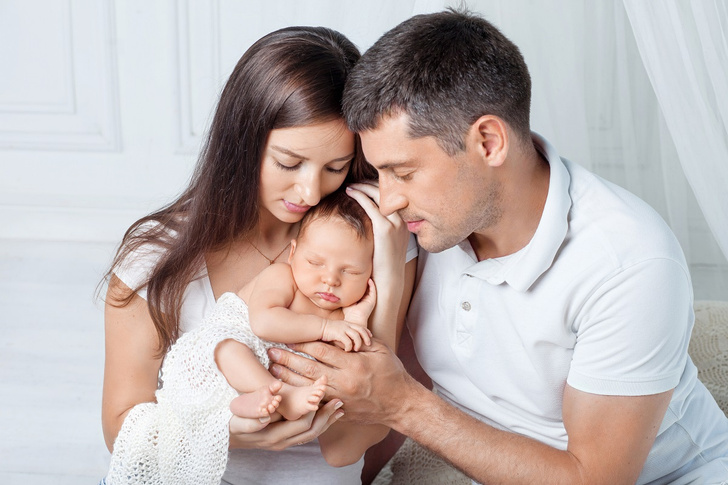
As a result, you get documents and calendars that meet your family's needs, as well as the court's standards.
For quick, reliable and affordable help making a parenting plan and custody schedule, turn to Custody X Change.
Custody X Change is software that helps you create a parenting plan and schedule for your baby.
Make My Baby Plan Now
Custody X Change is software that helps you create a parenting plan and schedule for your baby.
Make My PlanPsychologist's advice: Children should be taught to be independent from an early age
It is important to start educating a child to be independent on time.
Every parent who loves his child sooner or later faces the same problem - how to raise children so that from childhood they have a head on their shoulders and learn to make independent decisions?
Not property, but personality
This upbringing begins with parents working on themselves. The main thing that you should understand at this moment for yourself is that children are not your property, which you raise only so that they take care of you in old age. A child is a personality that you, like no one else, knowing all its features, should help to take place. By itself, he will not grow up - especially if you treat a growing person like some mothers, in animal fear for children, trying to protect them from possible troubles, following their children on their heels, tracking and evaluating their every action, preventing all desires , cutting off contacts that seem wrong to them ... They simply take the life of their children upon themselves. All this stops the development of the child's independence in the bud, turning him into a neurotic who, without his mother, will not be able to study and has big problems in communicating with his peers. nine0005
The main thing that you should understand at this moment for yourself is that children are not your property, which you raise only so that they take care of you in old age. A child is a personality that you, like no one else, knowing all its features, should help to take place. By itself, he will not grow up - especially if you treat a growing person like some mothers, in animal fear for children, trying to protect them from possible troubles, following their children on their heels, tracking and evaluating their every action, preventing all desires , cutting off contacts that seem wrong to them ... They simply take the life of their children upon themselves. All this stops the development of the child's independence in the bud, turning him into a neurotic who, without his mother, will not be able to study and has big problems in communicating with his peers. nine0005
No less harm than overprotection can be caused by the attitude that the child will grow up on his own. Such parents are ready as soon as possible to believe in the "adulthood" of their child and give him much more independence than the child can handle. Not justifying, of course, parental expectations, receiving a scolding for this, from an early age he begins to get used to the position of a helpless person, and when he encounters such an attitude regularly, he gradually becomes disillusioned with his ability to take independent actions in principle. nine0005
Not justifying, of course, parental expectations, receiving a scolding for this, from an early age he begins to get used to the position of a helpless person, and when he encounters such an attitude regularly, he gradually becomes disillusioned with his ability to take independent actions in principle. nine0005
The law is harsh, but it is the law
The desire to do everything yourself is an organic sign of growing up, a sign of the awakening human psyche.
The basic skills of independence are laid in him at about three years of age. And the first skill, the formation of which you should pay attention to, is independence in eating.
Around the beginning of the second year of life, many children no longer want to just sit at the table and open their mouths. And what is it in mom's hands? - and small hands reach for the spoon. Let nothing get into your mouth this time - rejoice at the impulse! And as soon as you - calmly, unobtrusively, without getting annoyed by the porridge falling on the table - show how to hold the spoon correctly, and over time he will begin to succeed in bringing it to his mouth full - so the person himself will become interested, and appetite will appear. nine0005
nine0005
If you miss a moment here, you make it easier for yourself - and the child will very quickly get used to the fact that adults constantly feed him.
In principle, the upbringing of independence is teaching the child to the idea that for him - as for everyone in the house - there are certain rules and he must comply with these rules. The parent, who at first provided one hundred percent of the baby's life, should gradually, step by step, begin to dose his help to the child.
It is clear that at the age of two and a half, your daughter still cannot remove her turtleneck over her head or pull on tight tights. But to fasten Velcro on sneakers (dressed at the same time on the "correct" legs!) Is quite capable - as well as wrapping a neck with a scarf. So don’t do it for her, pretend that you are already dressed and go out, and is she still in one shoe? I assure you, it will work, and soon everyone will always be ready on time. Then let her put on her own jeans, learn to zip up her jacket, and so on. nine0005
nine0005
An important point in raising a child's independence is his responsibility for the most valuable thing for him - toys. Let the three-year-old understand that the order in the toys is his contribution to the general order in the house, and let, say, before the guests arrive, he once again checks whether everything is in place.
A small child is an active being, at this age he is constantly focused on action, creation, helping adults, from him every now and then you hear: "I myself!" Such an impulse for independence is a property of age, then it will go away. Excessive parental caution, fears that the baby will spoil something, and most often just your impatience, eternal haste prevent the child from expressing himself. Of course, it’s faster to wipe up the tea he accidentally spilled on the table than to wait until he himself reaches the rag and independently eliminates the mess he has made. But pull yourself together and do not do for the child what he can already do for himself! nine0005
On an equal footing
Education of independence is a very fine and delicate work. You should in every moment of communication with the child think only about how not to harm him, not to interfere with his development. Be patient if you want to raise a person for whom you will not be afraid in your life. Attention:
You should in every moment of communication with the child think only about how not to harm him, not to interfere with his development. Be patient if you want to raise a person for whom you will not be afraid in your life. Attention:
1 Never help a child in any of his business until he asks you to do it himself. If he asks for help too often - come up with an excuse to postpone your help and give him another chance. nine0005
2 Have your child do things for himself often. And never redo what he did not succeed - especially with reproaches to him and in front of him, otherwise he will not take up the next assignment soon.
3 Always reward progress. If the baby appears before you proud that he washed and dressed himself, this cannot be ignored. She "put on" herself - she has every right to put on for a walk not an ordinary gray hat, but a pink one with a bow and ride down the hill not for ten minutes, but fifteen. nine0005
4 Make it easier for the little person to live independently in the house.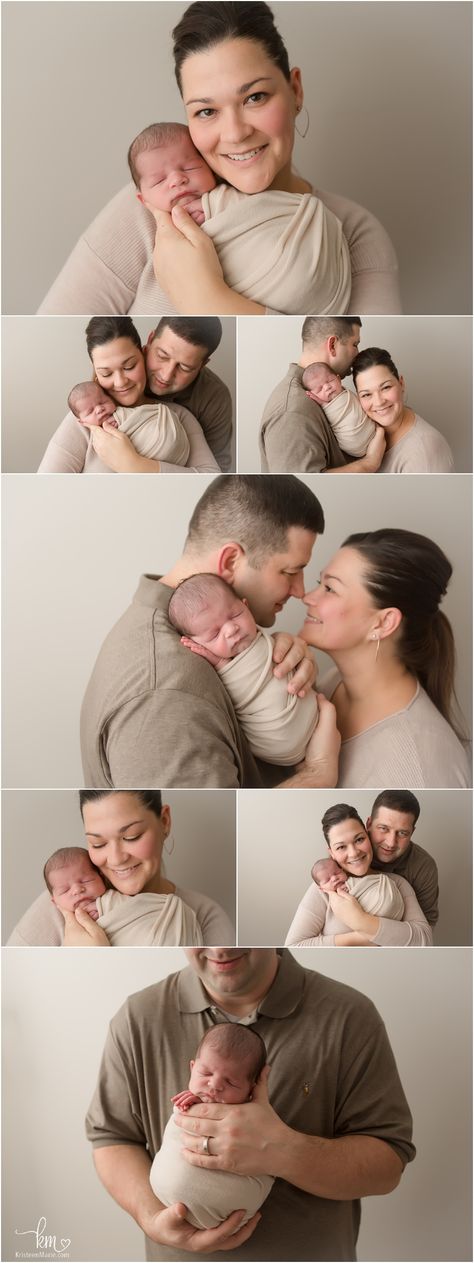 Stools in the kitchen should be light and stable, there should be a small chair by the sink, drawers with children's things should be located at an accessible level for him.
Stools in the kitchen should be light and stable, there should be a small chair by the sink, drawers with children's things should be located at an accessible level for him.
5 Try to communicate with your child on an equal footing and do not talk more often, but ask. Emphasize your interest in what is happening with him and the importance of his opinion: “What else do you think we need to buy?”, “Maybe we should rearrange the table in the kitchen here - what do you think about it?”. nine0005
And don't forget: the most independent child always needs parental attention, care, advice and just presence. No wonder a wise teacher once said: "A child is like a kite - he longs for free flight and at the same time needs a strong rope."
To the attention of parents
Children can also be taught responsibility and independence in a playful way. Here are some simple games that can help you. nine0010
Good Hands
You can play this game. Lay out the mischievous pens on a sheet of paper. Coloring them with your child, draw their eyes and a smiling mouth. Tell your child that pens are very kind, good, they can stroke someone, do something useful, etc. And then invite the child to agree with the pens so that they do, for example, half an hour, only good deeds. After half an hour, praise the child's hands, stroke them. Then increase the time to an hour, day, week, etc. nine0010
Lay out the mischievous pens on a sheet of paper. Coloring them with your child, draw their eyes and a smiling mouth. Tell your child that pens are very kind, good, they can stroke someone, do something useful, etc. And then invite the child to agree with the pens so that they do, for example, half an hour, only good deeds. After half an hour, praise the child's hands, stroke them. Then increase the time to an hour, day, week, etc. nine0010
It is pleasant for a baby to hear praise and receive mother's affection. And soon your child will stop rowdy.
Cook
This game is best played with several children and a leader. The driver calls a vegetable (or shows a picture with it). Children take turns naming dishes in which this vegetable is used, demonstrating their awareness of household chores. For each correct answer - candy. Whoever has the most candy wins. You should prepare for this game in advance: make a list of dishes or pick up pictures. nine0010
nine0010
A child under one year of age: useful tips for parents
The upbringing of a child begins from the first weeks of his life. From birth to one year, this is a period of active physical development of the baby, adaptation to the world around him, and the acquisition of the first experience. We have collected useful tips for parents on raising and caring for a child in the first year of his life
Photo: pixabay.com
Young families are waiting with excitement and joy for the birth of a child. From the moment when a woman confesses to a man that they will soon become parents, until the moment when the baby grows up and becomes a little independent, the life of mom and dad is filled with anxieties and worries. nine0005
Featured Articles
Despite the many generations of experience caring for newborns and very young children, the happiness of young parents is always accompanied by worries and fears. Therefore, it is very important to help inexperienced parents overcome all difficulties and let them know that they will do just fine. And even in cases where the child is not the first in the family, moms and dads can always learn something new.
And even in cases where the child is not the first in the family, moms and dads can always learn something new.
Those parents who are worried that they will not be able to stock up on everything they need before the baby is born can be helped, for example, by the website of the Moscow City Health Department, which offers a list of what should be ready for the birth of the baby. There is also a list of what not to buy. And then there are detailed recommendations for caring for the child. nine0005
Let's start with hygiene. The baby needs to be bathed every day. At the same time, the room should be about 18 to 22 degrees Celsius, and the water should be about 37 degrees. Soap, even baby soap, cannot be washed with newborns, as it dries the skin. There are special baby foams, which, however, can be used no more than twice a week. It is recommended to wash your hair once a week with a special baby shampoo. Wipe the child should be very carefully, and do not even wipe, but carefully blot the skin with a towel.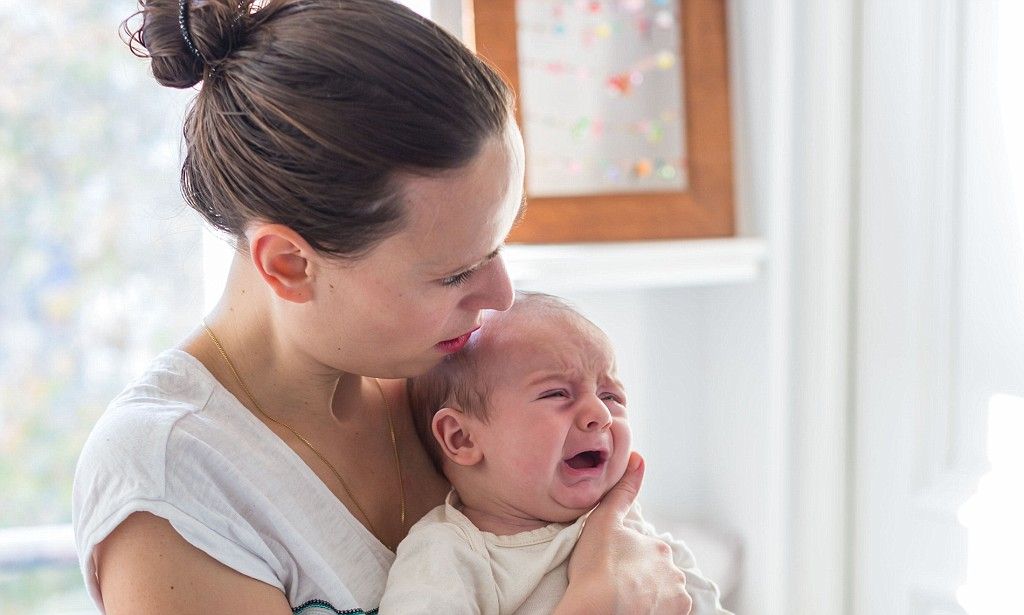 nine0107 Baby skin folds should be treated twice a day with a protective care product. So the skin will be protected from the irritating effect of natural secretions and excess moisture.
nine0107 Baby skin folds should be treated twice a day with a protective care product. So the skin will be protected from the irritating effect of natural secretions and excess moisture.
It is recommended to carefully wipe the eyes with gentle movements towards the nose with a separate cotton swab, previously moistened with warm boiled water.
Nails should be cut as they grow, and it is best during sleep, so as not to frighten the child and his arms and legs were relaxed.
Diapers should be changed regularly, with a break of 15-20 minutes between changes to allow the skin to breathe a little.
Diapers and undershirts must be changed twice a day, and all the child's underwear must be ironed.
It is necessary to walk with the child every day, provided that in clear weather the temperature is up to -10, and in case of precipitation and strong wind up to -5 degrees. You need to dress the baby, taking into account the fact that he should have one more layer of clothing than an adult. The duration of the walk should be gradually increased, starting with 10-15 minutes. nine0107 Of course, the best food for a baby is breast milk. However, it often happens that the mother, for one reason or another, does not have enough milk. It doesn't matter, artificial mixtures will come to your aid. And your pediatrician will help you not to make a mistake in choosing the most suitable mixture and to choose the right volume. As the child grows, complementary foods, that is, new foods, are gradually introduced.
The duration of the walk should be gradually increased, starting with 10-15 minutes. nine0107 Of course, the best food for a baby is breast milk. However, it often happens that the mother, for one reason or another, does not have enough milk. It doesn't matter, artificial mixtures will come to your aid. And your pediatrician will help you not to make a mistake in choosing the most suitable mixture and to choose the right volume. As the child grows, complementary foods, that is, new foods, are gradually introduced.
Development
In the first month of life, the baby actively moves his arms and legs, clenching his fists. He also begins to fix his gaze, follow moving objects and smiles for the first time. nine0005
In the second month, the baby begins to raise his head and tries to hold it. Hearing a sound, he tries to find its source. The eyes are focused better. It is recommended to decorate the room with bright things to make it easier for the child to focus his eyes. Also move objects in the child's field of vision, play with toys above the crib. It is also important to talk with the child, comment on their actions, change intonation.
Also move objects in the child's field of vision, play with toys above the crib. It is also important to talk with the child, comment on their actions, change intonation.
At three months, the baby is holding his head well. He can already determine the source of the sound and recognizes the voice of his mother. nine0005
As they grow older, it is recommended to play "finger games" with the child. Up to four or five months, this is the usual massage of the fingers, as well as their stroking and straightening. Gradually, you can begin to carefully bend your fingers.
At four months, the child already has some independence, and he begins to explore the world. Parents can now sleep more peacefully at night, but during the day the baby needs an eye and an eye. At this age, a grasping reflex appears, the child reaches for toys, tries them. Also, the baby learns to sit down. nine0107 For about half a year, he confidently grabs the toy, rolls over by himself and can sit for several seconds.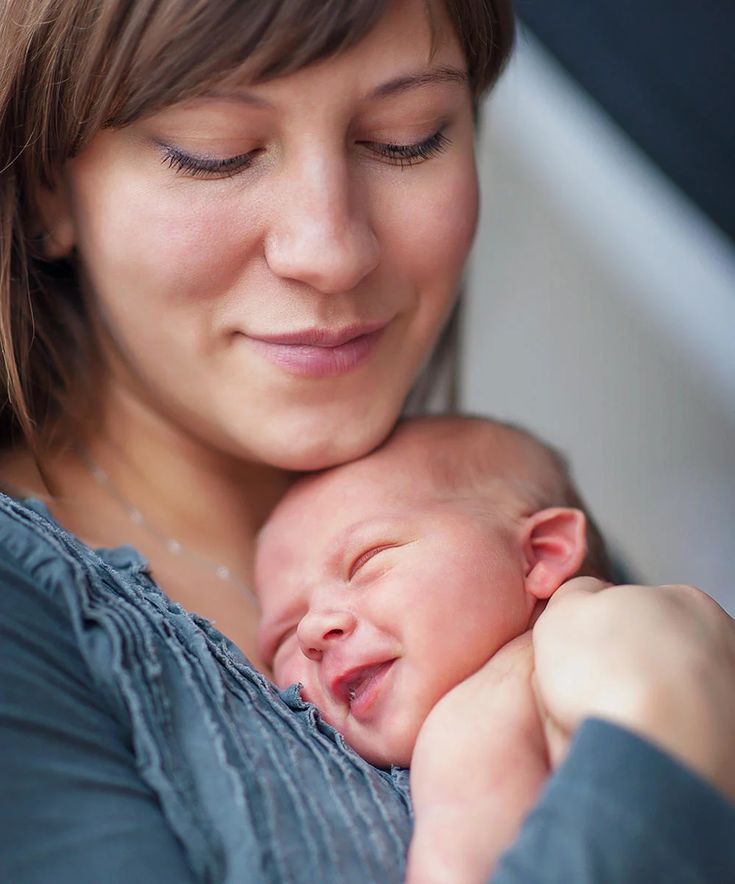 Many children have their first tooth erupted at this age.
Many children have their first tooth erupted at this age.
Also at six months, children consciously smile when they see their parents, babble happily and express emotions.
It is necessary to play with the child, showing him objects of different shapes and textures.
You can gradually begin to teach your child simple syllables. Read nursery rhymes to your child, focusing on the syllables.
During this period of life your baby is learning to crawl and needs to be encouraged to do so. Bright toys are perfect for this. When he rolls over on his tummy, put a bright object at a short distance from him, and the child will want to crawl towards the object. nine0005
Children at this age can also be taught to shift a toy from one hand to the other.
Nutrition
Show more
Your 7-month-old baby is already noticeably older and loves looking at pictures. You need to show him photos, and he will recognize loved ones. At this age, many children for the first time can say the words "mom" and "dad". You need to help them put simple syllables into words.
At this age, many children for the first time can say the words "mom" and "dad". You need to help them put simple syllables into words.
At eight or nine months, the child will consciously and distinctly say the word "mother". He will pull your hand, trying to get your attention. nine0107 At about ten months, the baby already understands adults quite well and, for example, can find a toy at your request and bring it, so it is important to develop this skill in him. Gradually, you need to teach the child not only to open the lid of the box, but also to close it, and also to put toys there.
At eleven months, most children begin to walk. They also learn to squat and bend over. It is important to continue to play with the child, collect pyramids or towers from cubes.
By the age of one, the child already begins to walk confidently, can speak about ten simple words, knows the names of relatives. Also, the baby can already drink from a cup. During this period, you can begin to teach the child to wash and dress himself.


